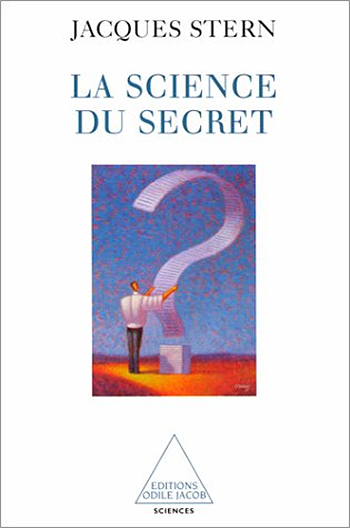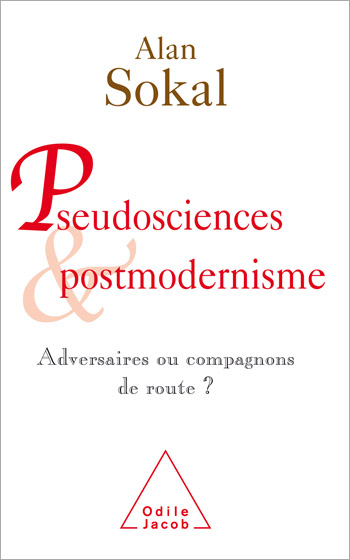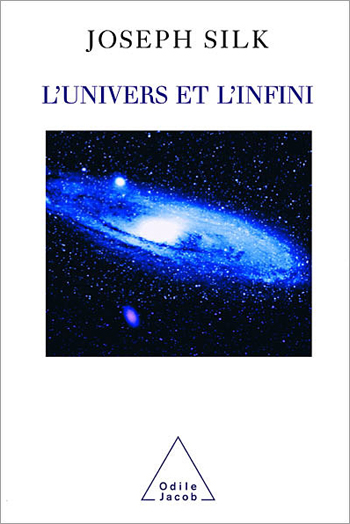Science All books
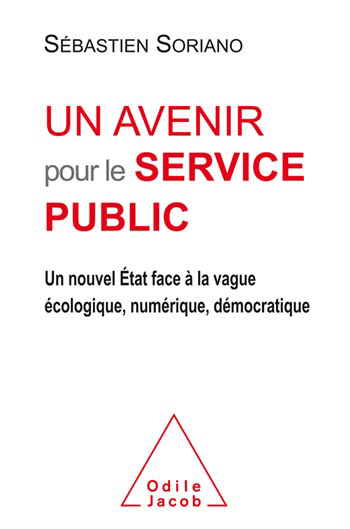
Sébastien Soriano
The Future of Public Service
A decisive contribution to thinking about the sovereignty of society in the face of the era of networks and the digital world.
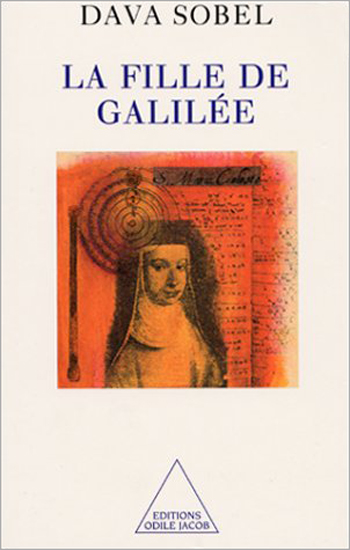
Dava Sobel
Galileos Daughter
This is a most unusual biography about Galileos daughter. Galileo Galilei (1564-1642) was regarded by Albert Einstein not only as the father of modern physics but as the father of all modern science. His eldest child, Virginia, mirrored Galileos own brilliance, industry and sensibility, and by virtue of these qualities became his confidante. Their correspondence, reproduced throughout the book, reveals their intense relationship, based on tender attachment and intellectual stimulation. The little-known life of Maria Celeste gives a human dimension to one of the major seventeenth-century scientists. His struggle with the Church is a lasting symbol of the conflict between science and religion. Galileos Daughter offers a powerful account of papal Rome and of Florentine intellectual life during the time of the Medicis. Dava Sobel is a writer who lives in New York
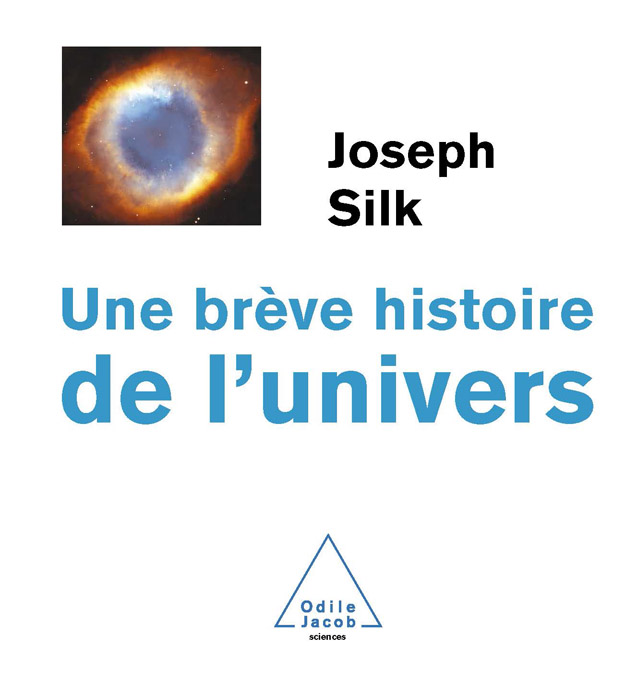
Joseph Silk
Une brève histoire de l'univers
Joseph Silk is the author of an authoritative book on the Big Bang. In the present work, he covers the history of the universe from that first great explosion and shows how the most recent discoveries in astrophysics i.e. of the cosmic fluctuations from which the great structures of the universe emerged provide the missing link between the Big Bang, which occurred 15 billion years ago, and the present state of the universe. When did time begin? This is the question, already asked by Stephen Hawking, that A Short History of the Universe sets out to answer. It is the subject of current debate among theologians: Did time begin with the Big Bang, in which case God could not have created the universe, or has time existed for all eternity, which would mean that the Big Bang was just one event among others, that God could have existed before it occurred and that He could thus have created the universe? This highly accessible book will be of interest to a wide readership, since the issues examined here concern all of us. Joseph Silk, an astrophysicist and cosmologist, teaches at Oxford University.
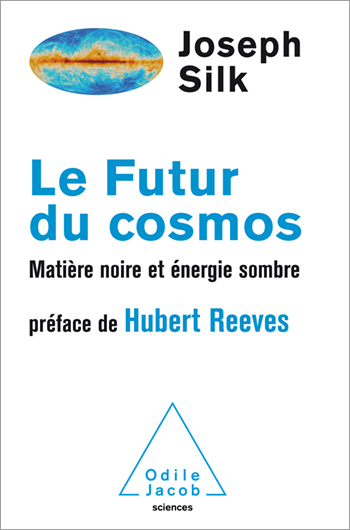
Joseph Silk
The Future of Cosmology Dark Matter and Dark Energy
A sweeping tour of the major questions of contemporary cosmology
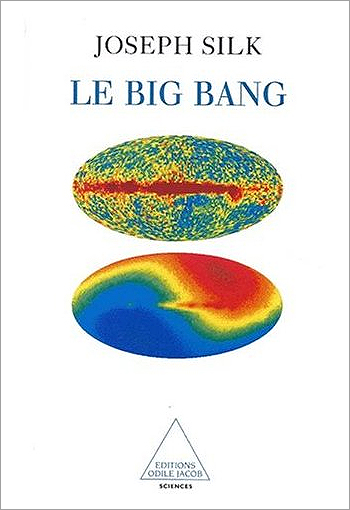
Joseph Silk
The Big Bang
Silk's story begins with the first moments of the big bang and continues though the formation of the galaxies on to the distant future of our universe. Whether you're looking for an accessible history of the universe, answers to questions about matter and antimatter, quasars, black holes, and others oddities, or simply a fascinating story spanning time and space, you will find The Big Bang hard to put down. Joseph Silk, coauthor of The Left Hand of Creation, teaches astronomy at the University of California at Berkeley.

